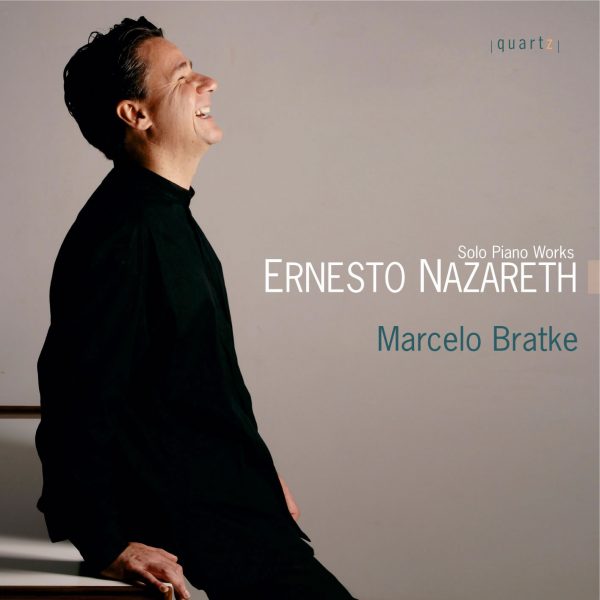Marcelo Bratke
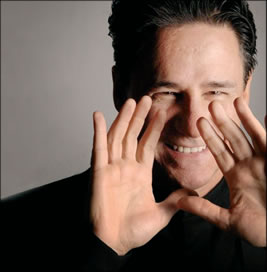
During a decade of extraordinary accomplishments and performances, Marcelo Bratke, one of Brazil’s pre-eminent pianists, has performed at some of the world’s most renowned venues, including Carnegie Hall, the Salzburg Festival, Queen Elizabeth Hall, Wigmore Hall, Konzerthaus in Berlin and Suntory Hall in Tokyo, amongst others.
In recent years, he has become increasingly focused on how the arts can engage in politics and help contribute to improvements in society. In 2007,
Marcelo Bratke created the Camerata Vale Música, a new orchestra which presents a fusion of classical and popular young musicians from different shanty towns in Brazil. Their first national tour celebrated 120 years since the birth of Villa-Lobos and included seven major Brazilian cities and an open air concert in Copacabana for over one hundred thousand people, where Bratke and his Camerata shared the stage with the Brazilian Symphony Orchestra and Kurt Masur.
Marcelo Bratke was invited to open São Paulo’s new major concert hall, Auditório Ibirapuera, and performed on different occasions for two Brazilian presidents: President Fernando Henrique Cardoso and President Luiz Inácio Lula da Silva.
Although firmly anchored in the classical tradition, Bratke enjoys the characteristic freedom of an artist whose imagination is not limited by classical boundaries. He has collaborated with the celebrated percussionist Naná Vasconcelos and the Brazilian pop stars Sandy and Fernanda Takai. He has also worked with a small ensemble of young gifted percussionists he found in the streets of São Paulo to present the contrasts of “two different Brazils” unified by music at Carnegie Hall, as described by Larry Rohter in a front page article in The New York Times.
His recordings are distributed worldwide and reveal his open approach to music as a medium of communication. These recordings celebrate the Brazilian rhythms of Ernesto Nazareth and Darius Milhaud and the radicalism of Berg and Webern, as well the children’s world of Heitor Villa-Lobos. Bach and Schubert are also in Bratke’s discography, and in his most recent CDs he explores the presence of popular culture in the music of Aaron Copland with Argentinean pianist Marcela Roggeri, the influence of bossa nova in Claudio Santoro and Vinicius de Moraes “Love Songs” with Brazilian soprano Rosana Lamosa, and the echoes of jazz in 20th Century classical music with jazz British pianist Julian Joseph.
Marcelo Bratke studied at the Julliard School of Music in New York. Featured among his many awards are the First Prize at Tradate International Music Competition in Italy, the “Revelation Prize” of the São Paulo Art Critics Association, the “Carlos Gomes Award” in Brazil, the “Classical Discoveries” award in the UK and the “Brazil in Germany 2006 Award”. His CD Le Groupedes Six was voted by Gramophone Magazine as one of the greatest classical recordings of all time.
Marcelo Bratke lives in São Paulo and London.
Recordings:
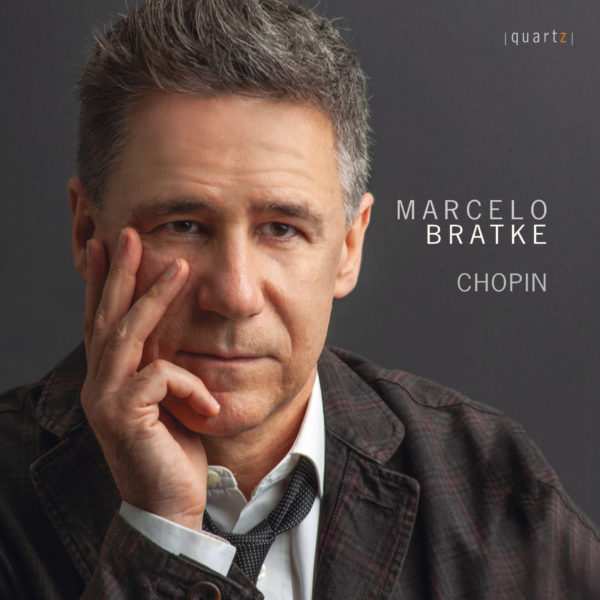
Chopin: Piano Music
£7.99 – £14.99 Select options This product has multiple variants. The options may be chosen on the product page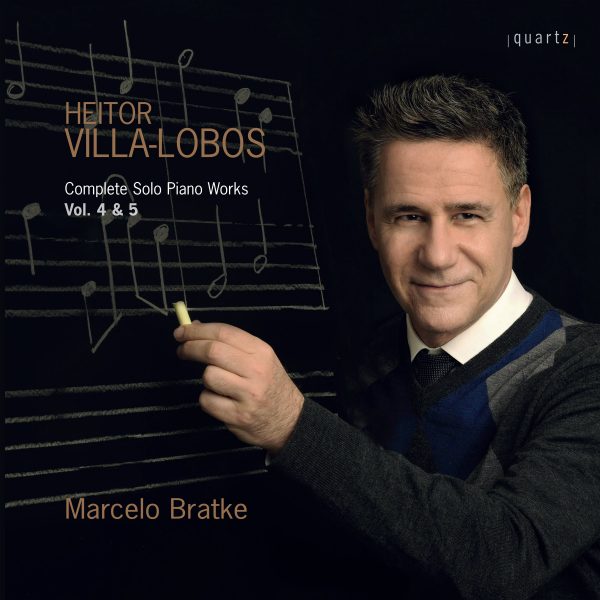
Heitor Villa-Lobos: Complete Solo Piano Works, Vol. 4 & 5
£7.99 – £14.99 Select options This product has multiple variants. The options may be chosen on the product page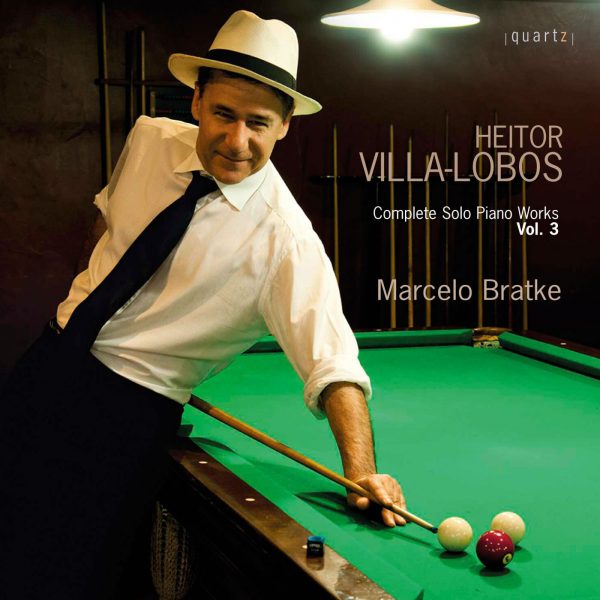
Heitor Villa-Lobos – Complete Piano Works Vol. 3
£5.99 – £11.99 Select options This product has multiple variants. The options may be chosen on the product page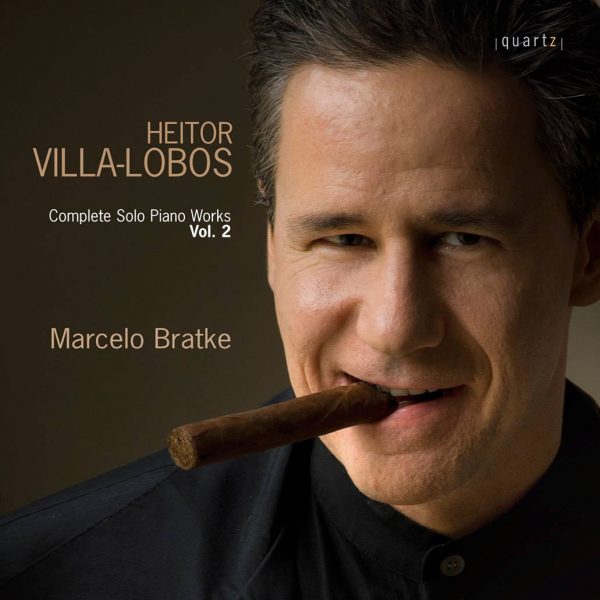
Villa-Lobos: Complete Solo Piano Works – Vol. 2
£5.99 – £11.99 Select options This product has multiple variants. The options may be chosen on the product page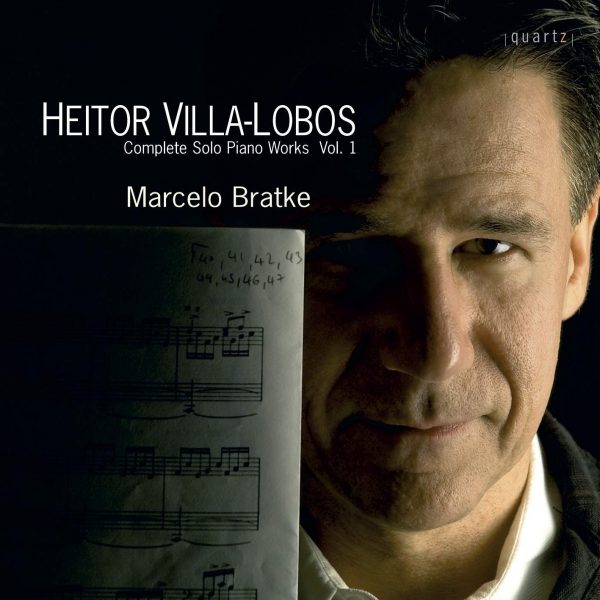
Villa-Lobos – Complete Solo Piano Works Vol. 1
£4.99 – £11.99 Select options This product has multiple variants. The options may be chosen on the product page